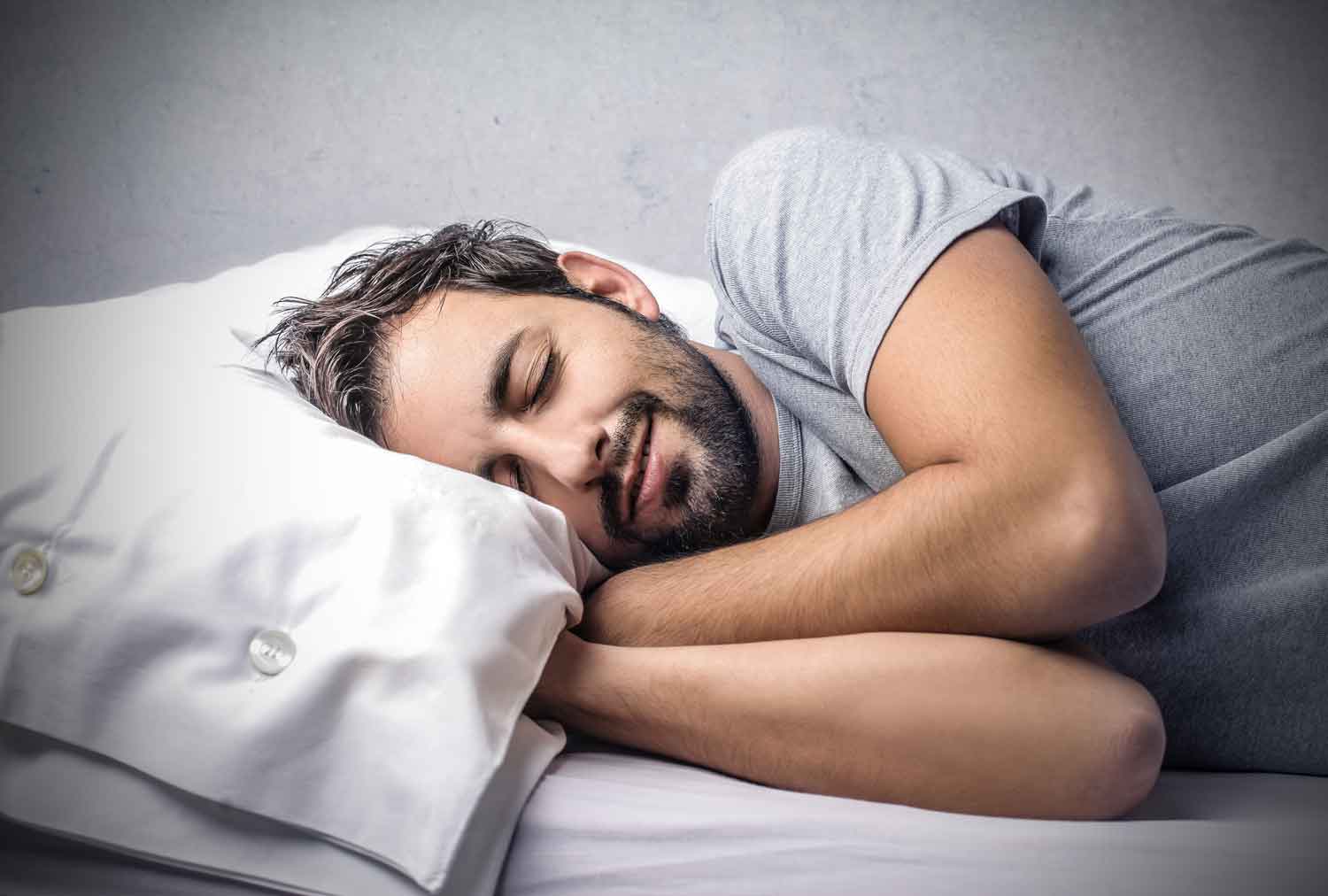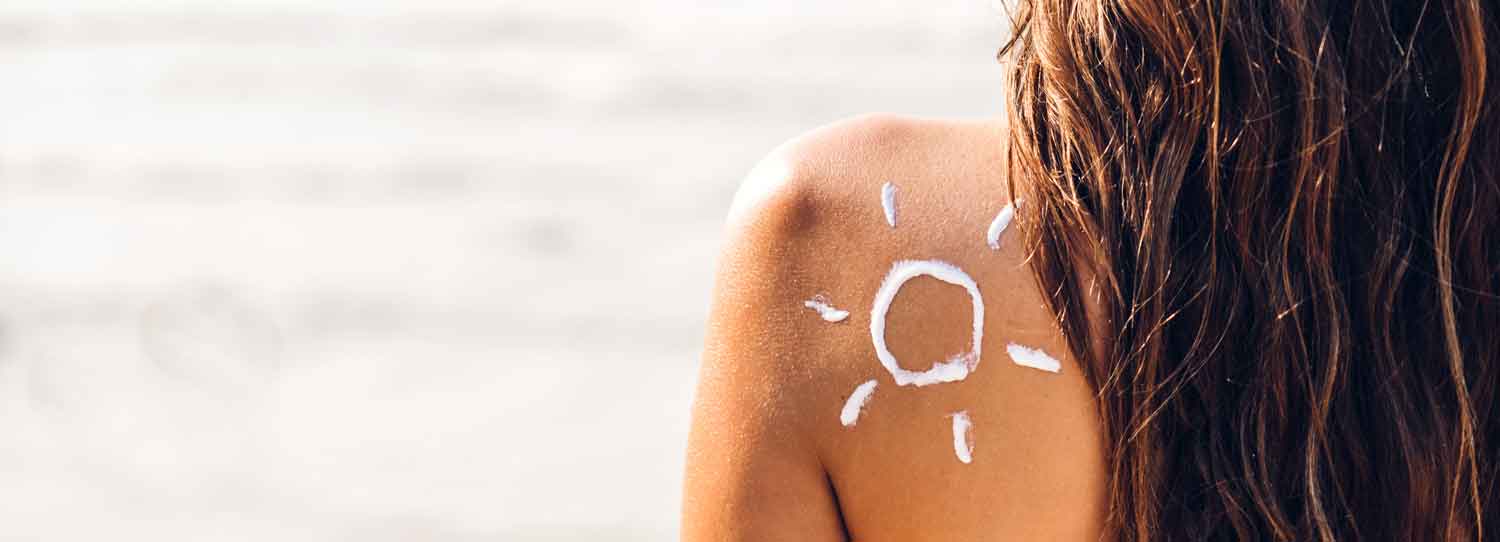
Is Sleep Care the New Self-Care?
WRITTEN BY MILICA STOJSAVLJEVICK AND DR. SWATHI
Are you the person that lays down at night counting how many hours you have to sleep until you have to wake up in the morning? Or maybe you’re the person waking up exhausted, unable to interact with the world until you’ve gotten your hands on your favorite caffeinated beverage. How likely is it that you are getting the recommended 7-9 hours of sleep every night?
According to the CDC, more than one third of America’s adults are not getting an adequate amount of sleep on a regular basis (1). Unfortunately enough, not getting enough sleep has been shown to increase the risk of developing obesity, diabetes, high blood pressure, heart disease, stroke, and frequent mental distress (1).
What are the benefits of getting enough sleep?
Some benefits of getting enough sleep include getting sick less often, staying at a healthy weight, reducing stress and improving mood, and lowering the risk of developing serious health problems (2). Sleep helps your body and brain function properly, which can lead to better decision-making, memory retention, learning capacity, and overall creativity (3). A lot of people do not realize how important sleep is, but so much can be prevented with a simple task and routine.
What is unhealthy sleep?
For some, unhealthy sleep might be not getting the full 7-9 hours recommended because they go to bed too late or have trouble falling asleep. For others, it could be having trouble staying asleep during the night. Some reasons people might not be able to fall asleep include anxiety, pain, certain medicines, caffeine intake, alcohol and drug use, and untreated sleep disorders like sleep apnea or insomnia (2).
What are some things you can do to get better sleep?
Get into a bedtime routine
Go to sleep at the same time every night and wake up at the same time every morning, aiming for 7-9 hours per night.
Put the phone down and turn off the TV
Limit your blue light exposure at least an hour before bedtime. This could mean reading a book, taking a bath, getting things ready for the next day, or journaling.
Make sure your sleep space is comfortable
Limit any light and noise that could lead to trouble falling and staying asleep.
Keep a sleep log
“There’s an app for that!” Download a sleep app where you can track your sleep quality, comments on how you feel the next day, when you went to bed and what time you woke up. Or, you could go old school and keep a written sleep journal where you can reflect in the morning.
Make sleep a priority
Plan your day or week in a way that will allow you to get adequate sleep every night while still accomplishing your list of to-dos.
What supplements are helpful for sleep?
Cannabinoids
Cannabidiol (CBD) and cannabinol (CBN) are cannabinoids found in the cannabis plant. CBD supports a sense of relaxation without the euphoric effects and has been extensively studied for anxiety, sleep, and pain relief (4). Another cannabinoid, CBN, has been studied for its ability to provide restful, rejuvenating sleep as well as pain relief. All three of these compounds could be beneficial for people with issues sleeping (5).
L-Theanine
This amino acid is found in many plants and teas, with the most abundant source found in green tea or matcha (6). It has an impact on both serotonin and dopamine neurotransmitters by bringing a balance and calmness to the brain. This enhances relaxation and stress reduction, and has shown to help people fall asleep faster and have less disturbances (6). The most common dose is 200mg nightly, but it can vary depending on the person and their lifestyle.
Chamomile
Most often consumed as a tea, it can also be used in cosmetics and hair care in its oil form. This herb is beneficial in relieving many unpleasant symptoms with skin issues such as eczema, wounds, and burns, and sleep issues such as insomnia (7).
Ashwagandha
Ashwagandha is a cornerstone Ayurvedic herb whose roots have been studied for its adaptogenic benefits for stress relief. It is often used for its sleep-inducing effects and its ability to help with improving memory, cognition, anxiety, and relaxation (8).
Magnesium
This mineral is essential for many processes in our bodies with a big focus on the brain and heart (3). By taking a magnesium supplement, the body can use what it needs for these functions that it has not gotten from the diet while also producing a calming effect on the body. This calming effect could help you fall asleep and improve sleep quantity and quality.
Lavender
Lavender has been ubiquitous when it comes to sleep aids. Oftentimes lavender is put into creams and body washes to help with relaxation and sleep. It is also a very common essential oil put into linen sprays and aromatherapy diffusers for the same reason (3).
Glycine
This amino acid is produced in the human body, but could also be taken as a dietary supplement. By increasing glycine, the body temperature is naturally lowered giving the nervous system a signal that it is time for sleep (3). Studies showed that participants had improved sleep quality as well as improved daytime performance.
Valerian
The root of this herb is widely used in many sleep-promoting supplements and is said to be helpful in decreasing symptoms of anxiety and depression (3). Sleep quality is often improved after taking 300-900mg nightly. This supplement has sedating properties and should be taken with caution if it is being used in conjunction with other drugs that cause sedation, such as benzodiazepines, alcohol, and opioids (9). The sedating effect can be increased and may lead to dangerous unwanted effects. As with all supplements for sleep, please consult with your trusted healthcare provider or our Chief Scientific Officer, Dr. Swathi, to figure out whether Valerian could be the right choice for you.
Melatonin
Last, but certainly not least, melatonin is touted as the most popular natural sleep aid. This is a hormone that the human body produces naturally at high levels in the evening time and at lower levels in the morning. For people having trouble falling/staying asleep and/or experiencing poor quality sleep, melatonin could be a valid option to get the sleep-wake cycle, or circadian rhythm, back in order and improve sleep (3). There is varied efficacy when it comes to this supplement due to possible genetic differences between people, but more research is needed. Most often a dosage of 3-10mg is taken nightly to achieve a favored effect.
As always, before adding anything to your regimen, speak with your provider, or Dr. Swathi, our Chief Scientific Officer and resident self-care expert, about whether these supplements could be the right fit for you. Sweet dreams!
References
- 1 in 3 adults don’t get enough sleep. CDC Newsroom. https://www.cdc.gov/media/releases/2016/p0215-enough-sleep.html Updated February 16, 2016. Accessed May 30, 2021.
- The basics: Trouble Sleeping. MyHealthfinder. https://health.gov/myhealthfinder/topics/everyday-healthy-living/mental-health-and-relationships/get-enough-sleep#panel-4 Updated October 15, 2020. Accessed May 30, 2021.
- 9 Natural Sleep Aids That May Help You Get Some Shut-Eye. Healthline. https://www.healthline.com/nutrition/sleep-aids Accessed May 30, 2021.
- CBD, THC, and CBN what is the difference? BPG. https://www.mybpg.com/blog/cbd-thc-cbn/ Published June 26, 2020. Accessed June 11, 2021
- What experts are saying about THC, CBD, and CBN for sleep. THINK. https://thinkhighercaregiving.com/what-experts-are-saying-about-thc-cbd-and-cbn-for-sleep/ Accessed June 11, 2021.
- Head K. L-theanine for sleep and stress. What does the science say?. Thorne. https://www.thorne.com/take-5-daily/article/-l-theanine-for-sleep-and-stress-what-does-the-science-say. Published January 27, 2021. Accessed June 7, 2021
-
Srivastava JK, Shankar E, Gupta S. Chamomile: A herbal medicine of the past with bright future. Mol Med Rep. 2010;3(6):895-901.
-
Langade D, Kanchi S, Salve J, Debnath K, Ambegaokar D. Efficacy and Safety of Ashwagandha (Withania somnifera) Root Extract in Insomnia and Anxiety: A Double-blind, Randomized, Placebo-controlled Study. Cureus. 2019;11(9):e5797.
- Valerian Root. Natural medicines. https://naturalmedicines-therapeuticresearch-com.cuw.ezproxy.switchinc.org/#. Accessed June 6, 2021.
--
This article was edited by Dr. Swathi and was written by Element Apothec Scientific Communications Intern, Milica Stojsavljevic. She is a Doctor of Pharmacy (PharmD) student at Concordia University Wisconsin School of Pharmacy in Mequon, Wisconsin.











